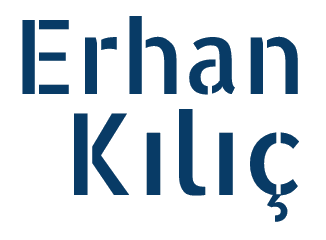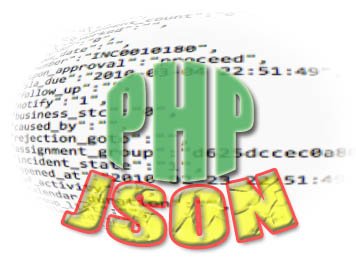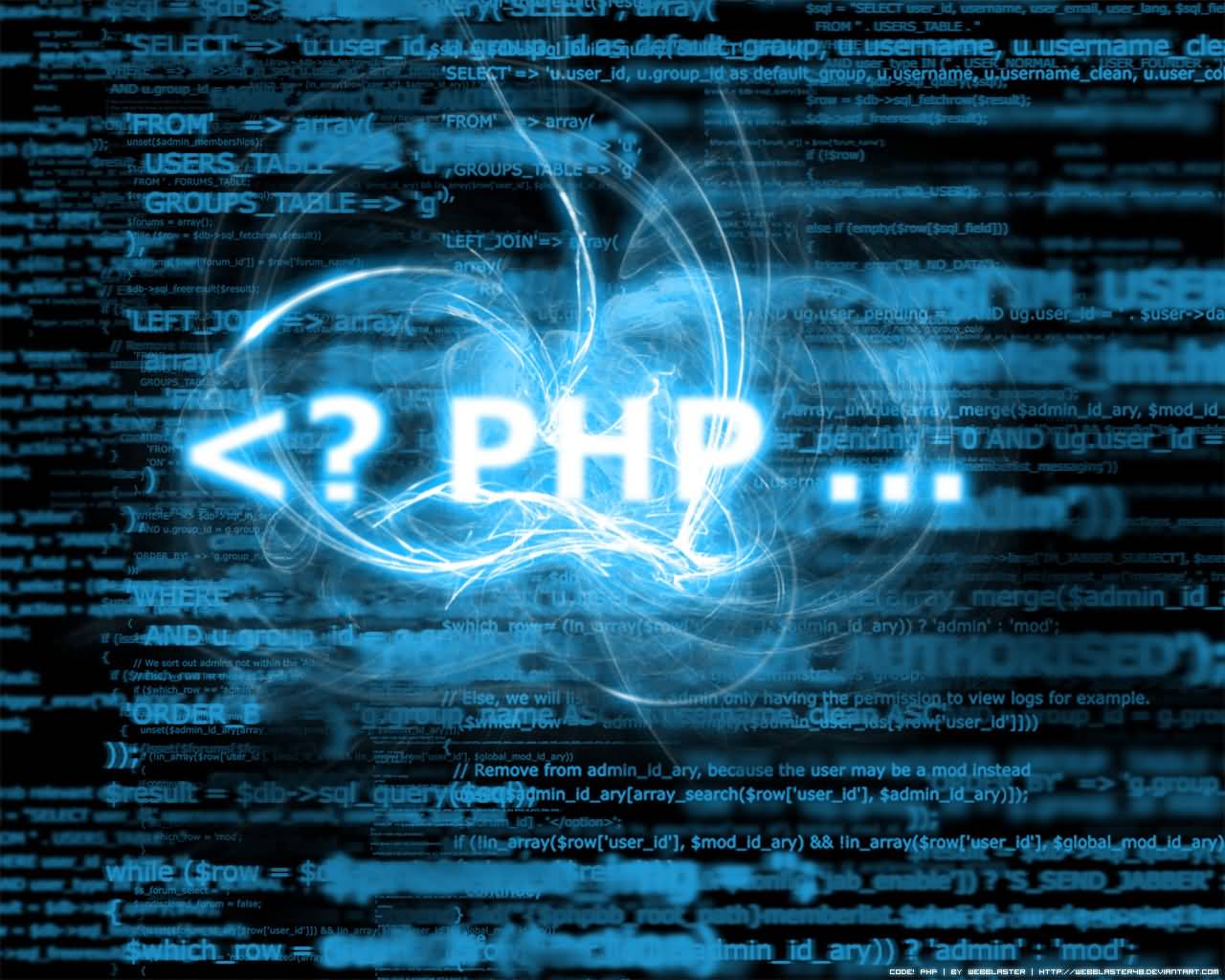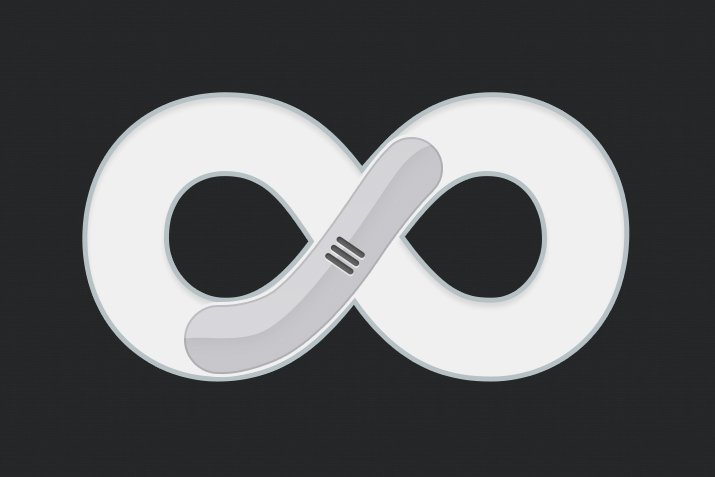PHP and JSON: A Practical Way to Share Data
To explain the relationship between PHP and JSON and how to use JSON in PHP, let's start by asking "What is JSON?" I've worked with JSON extensively in my own projects, and discovering the power of this combination is truly exciting. In this article, I'll explain what JSON is, how it's used with PHP, and how it works with real-world examples. Let's get started!
What is JSON?
In programming, it's often necessary to exchange data between different platforms. For example, you might want to pull the latest posts from a social media platform and use them in your own project. Sharing data across platforms is essential for such operations, and various technologies have been developed for this purpose. XML is one such example, but it's not very compatible with JavaScript. Here's why JSON (JavaScript Object Notation) is preferred because it provides seamless compatibility with JavaScript.
Data in JSON, soap opera (array) and article It is stored in (object) format.
Object
- { It starts with, } ends with.
- Data is written as “key” and “data” (value) pairs.
Example:
{ "name": "Erhan", "surname": "Kılıç" }Array
- It starts with [ and ends with ].
- Data is written as just “data”; keys are assigned automatically.
Example:
[ "Erhan", "Sword" ]Object and Array Together
In JSON, objects and arrays can be used together as desired.
Example:
{ "type": "book", "genre": "novel", "products": [ {"name": "The Old Violinist", "author": "Nihat Genç"}, {"name": "Those Crazy Turks", "author": "Turgut Özakman"}, {"name": "Snow", "author": "Orhan Pamuk"} ] }The biggest reason for choosing JSON is that it's identical to JavaScript's object and array structure. In one project, I retrieved JSON data from an API and easily processed it in JavaScript, and this compatibility significantly sped up the process.
JSON Functions in PHP
Working with JSON in PHP is often done for the following reasons:
- Using JavaScript or libraries such as jQuery and AngularJS on our own site.
- Sharing data with other platforms.
- Creating an API.
We can use the data we retrieve with JSON in our PHP applications as we wish. However, we must handle incoming JSON data with care; otherwise, PHP will interpret it as text (string). In fact, JSON data is interpreted as text everywhere unless the necessary markers are used.
json_encode()
This function outputs data in JSON format. It is used to convert a PHP array to JSON.
Example:
"book", "tour" => "novel", "products" => [ ["name" => "The Old Violinist", "author" => "Nihat Genç"], ["name" => "Those Crazy Turks", "author" => "Turgut Özakman"], ["name" => "Snow", "author" => "Orhan Pamuk"] ] ]; $json = json_encode($dizi); echo $json;When I used this code in an API endpoint, sending data as JSON to the front-end was a breeze. The output came in a format that JavaScript could immediately process.
json_decode()
This function converts incoming JSON data into a format usable in PHP (object or array). We can access JSON data as either an object or an array.
Example (as Object):
<?php
$json = '{
"tip": "kitap",
"tur": "roman",
"urunler": [
{"ad": "İhtiyar Kemancı", "yazar": "Nihat Genç"},
{"ad": "Şu Çılgın Türkler", "yazar": "Turgut Özakman"},
{"ad": "Kar", "yazar": "Orhan Pamuk"}
]
}';
$veri = json_decode($json);
echo $veri->type; // Output: book echo $ data->tour; // Output: novel foreach ($ data->products as $urun) { var_dump($urun); echo "<br/>";
}Example (as an array)If true is added as the second parameter to the json_decode function, the data will be stored as an array instead of an object.
<?php
$json = '{
"tip": "kitap",
"tur": "roman",
"urunler": [
{"ad": "İhtiyar Kemancı", "yazar": "Nihat Genç"},
{"ad": "Şu Çılgın Türkler", "yazar": "Turgut Özakman"},
{"ad": "Kar", "yazar": "Orhan Pamuk"}
]
}';
$veri = json_decode($json, true);
echo $veri["tip"]; // Çıktı: kitap
echo $veri["tur"]; // Çıktı: roman
foreach ($veri["urunler"] as $urun) {
var_dump($urun);
echo "<br/>";
}When I was pulling data from an API, I used json_decode to convert the data to an array, which allowed me to easily process it in PHP. Sometimes, using an array instead of an object can be more practical.
Conclusion
PHP and JSON are a powerful combination for data sharing and processing. JSON's compatibility with JavaScript makes it indispensable for data exchange. With the json_encode and json_decode functions in PHP, you can easily convert data to JSON or use JSON data in PHP. For a blogging platform, I created dynamic content by processing JSON data in PHP, making the project much more flexible. You too can power your projects with JSON and PHP!






